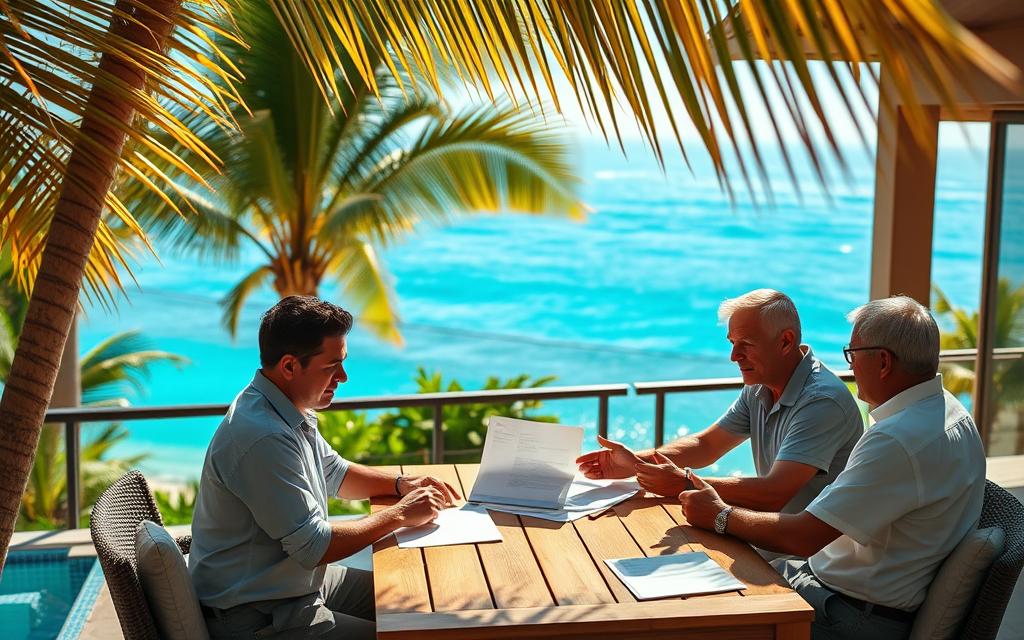How to Get the Best Mortgage in Costa Rica
Posted by Luxury Homes Costa Rica on
Buying a home in Costa Rica often means exploring financing options. Whether you’re a first-time buyer or an investor, understanding the types of mortgages available—and how to secure the best rate—can save you time, money, and stress.

Types of Mortgages in Costa Rica
While the structure of loans may differ slightly from what you’re used to abroad, here are the most common financing options you’ll find:
1. Local Bank Mortgages
Costa Rican banks, both public and private, offer home loans in colones (₡) and U.S. dollars ($). Loan terms generally range from 15 to 30 years, with interest rates that may be fixed, variable, or a combination of both.
- Pros: Widely available, regulated, and reliable.
- Cons: The application process can be…
31 Views, 0 Comments




